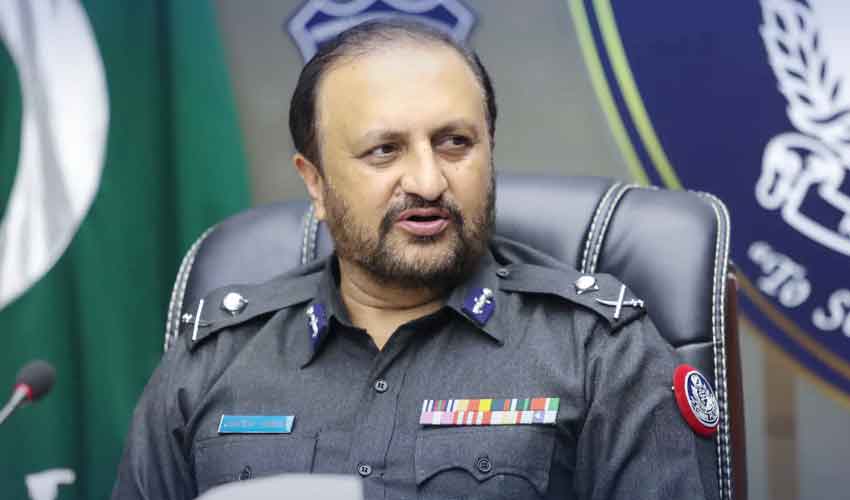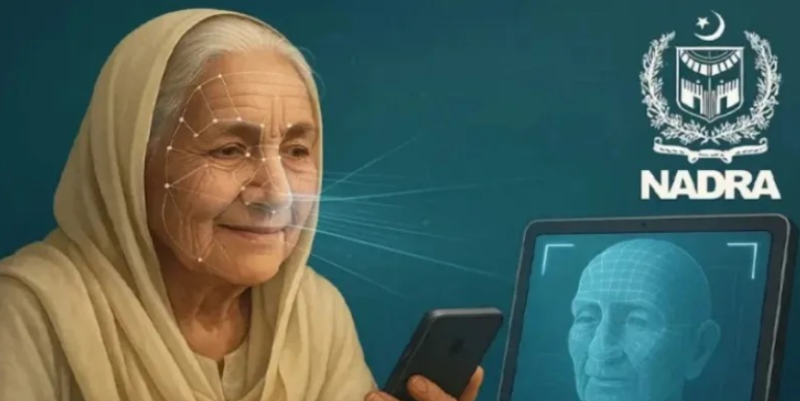- CJP Afridi says judiciary to pursue ‘meaningful reforms’ in 2026 to improve accessibility, strengthen transparency Dawn
- CJP reviews justice delivery in remote areas Daily Times
- Judicial facilities must reach every citizen, especially in…
Category: 1. Pakistan
-
CJP Afridi says judiciary to pursue ‘meaningful reforms’ in 2026 to improve accessibility, strengthen transparency – Dawn
-

Javed Alam Odho assumes charge as Sindh IGP
Senior police officer Javed Alam Odho formally took charge as the Sindh inspector general of police (IGP), becoming the 86th officer to lead the province’s police force.
His appointment marks a renewed focus on…
Continue Reading
-
Aerial firing during New Year celebrations leaves at least 28 Karachiites injured – Dawn
- Aerial firing during New Year celebrations leaves at least 28 Karachiites injured Dawn
- Karachi traffic police announces route changes for New Year’s Eve festivities at Sea View The Express Tribune
- Sea View, other Karachi roads to remain open on…
Continue Reading
-
Afganistan sees 2.8 mln refugees return homeland in 2025: official-Xinhua
KABUL, Jan. 1 (Xinhua) — Around 2.8 million Afghan refugees have returned to their homeland, Afghanistan, in 2025, according to the country’s Ministry of Economy.
“About 2.8 million refugees returned home in a year. The economy has grown…
Continue Reading
-
Afganistan sees 2.8 mln refugees return homeland in 2025: official-Xinhua
KABUL, Jan. 1 (Xinhua) — Around 2.8 million Afghan refugees have returned to their homeland, Afghanistan, in 2025, according to the country’s Ministry of Economy.
“About 2.8 million refugees returned home in a year. The economy has grown…
Continue Reading
-
53% of Pakistanis consider 2026 year of prosperity: Survey – RADIO PAKISTAN
- 53% of Pakistanis consider 2026 year of prosperity: Survey RADIO PAKISTAN
- The year ahead Dawn
- Pakistan surpasses India in economic optimism, peace outlook for 2026 The Express Tribune
- Majority of Pakistanis optimistic about economic improvement…
Continue Reading
-
Pakistan's economy on positive trajectory – RADIO PAKISTAN
- Pakistan’s economy on positive trajectory RADIO PAKISTAN
- Economy In Focus: The Limits Of Stability Dawn
- Economy grows by 3.7% in Q1 2025, defying flood fallout, official projections The Express Tribune
- Seeing growth thru prism of C + G + I +…
Continue Reading
-

NADRA expands mobile registration, facial verification services in Sindh
Following its successful rollout in Karachi East and Shaheed Benazirabad, the National Database and Registration Authority (NADRA) has extended its mobile-based union council registration facility to Larkana and Tando Muhammad Khan.
Under the…
Continue Reading
-

Risks and Way Forward – South Asian Voices
In the early days of May 2025, India and Pakistan engaged in a multi-domain war. It was contested using
Continue Reading
-
2026 seen driving stronger trade, investment between Pak, USA
January 01, 2026 (MLN): Pakistan and the United States entered 2026 with a renewed emphasis on strengthening economic cooperation, building on the positive momentum achieved during 2025, which was widely seen as a strong year for advancing…
Continue Reading